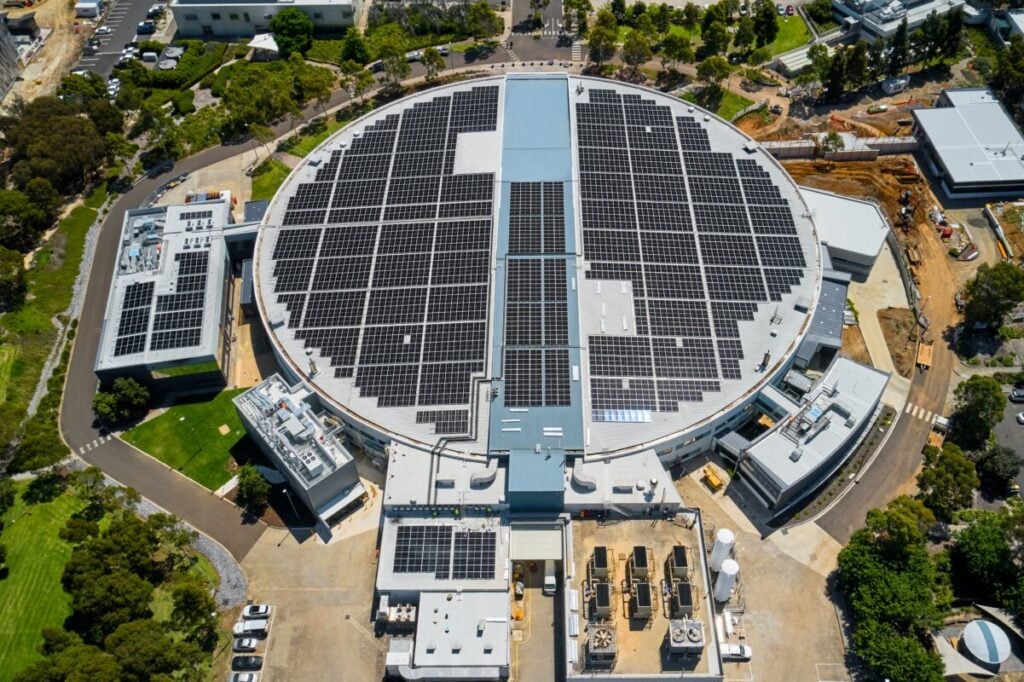
Australia’s Clean Energy Regulator (CER) has taken compliance action under the small-scale renewable energy scheme (SRES) against rooftop solar PV retailer RACV Solar and Formbay Trading for allegedly using unaccredited installers.
In a statement made by the CER, an independent statutory authority responsible for implementing legislation for clean energy, between 1 July 2021 and 5 August 2022, RACV Solar submitted false written statements to Formbay claiming the installation of 28 solar PV systems was completed or supervised by a particular Clean Energy Council (CEC) accredited installer.
Try Premium for just $1
- Full premium access for the first month at only $1
- Converts to an annual rate after 30 days unless cancelled
- Cancel anytime during the trial period
Premium Benefits
- Expert industry analysis and interviews
- Digital access to PV Tech Power journal
- Exclusive event discounts
Or get the full Premium subscription right away
Or continue reading this article for free
However, evidence provided to the CER suggests this was not the case, and an unaccredited installer implemented these systems. Formbay, which relied on the false information provided by RACV Solar, created 1,945 small-scale technology certificates.
As a result, the accepted enforceable undertakings offered by Formbay and RACV Solar to address the non-compliance require the two perpetrators to implement a compliance programme to inspect and, if necessary, rectify the solar PV systems.
Formbay is a Sydney-based organisation that owns a platform for generating small-scale technology certificates.
SRES initiative set for shake-up to improve installation figures
Under the SRES initiative, consumers are entitled to small-scale technology certificates, which can be sold to recoup a portion of the cost of purchasing and installing the system.
The product listing under the SRES only covers solar modules and inverters, it doesn’t cover batteries.
Australia’s CEC was nominated by the CER in July 2024 to be reappointed as the solar module and product listing body for the SRES initiative. The organisation’s reappointment was confirmed on 31 October 2024.
Upon being reappointed, the CEC outlined its intention to make immediate changes in the scheme to help boost rooftop solar PV installations, something that slowed throughout last year, sparking the organisation to call for a national strategy to bolster uptake in early June.
Changes in the immediate pipeline include streamlining processes and offering applicants transparent tracking for their applications.
The CEC also said that there will be a stronger emphasis on customer service and response times, along with clearer communication regarding program updates. Additionally, programme governance will be enhanced by establishing a manufacturer working group and implementing performance reporting to the industry and the CER.
Victoria faces drop in minimum flat feed-in tariff for solar PV
In recent news, Victoria’s Essential Services Commission (ESC) proposed dropping the minimum flat feed-in tariff for solar PV to AU$0.04/kWh from 1 July 2025-26 in the state, down 195% from the current AU$3.3/kWh in 2024-25.
The minimum flat feed-in tariff, outlined in the latest draft decision by the ESC, specifies the minimum payment that electricity retailers must provide to solar customers for the electricity they export to the grid. This decrease in valuation marks a significant change from previous figures.
The draft decision also proposes two time-varying feed-in tariffs ranging from AU$0.0 to AU$7.5/kWh.
ESC has confirmed that the draft decision is open for consultation until 31 January. A final decision on minimum feed-in tariffs will be published by 28 February 2025.






